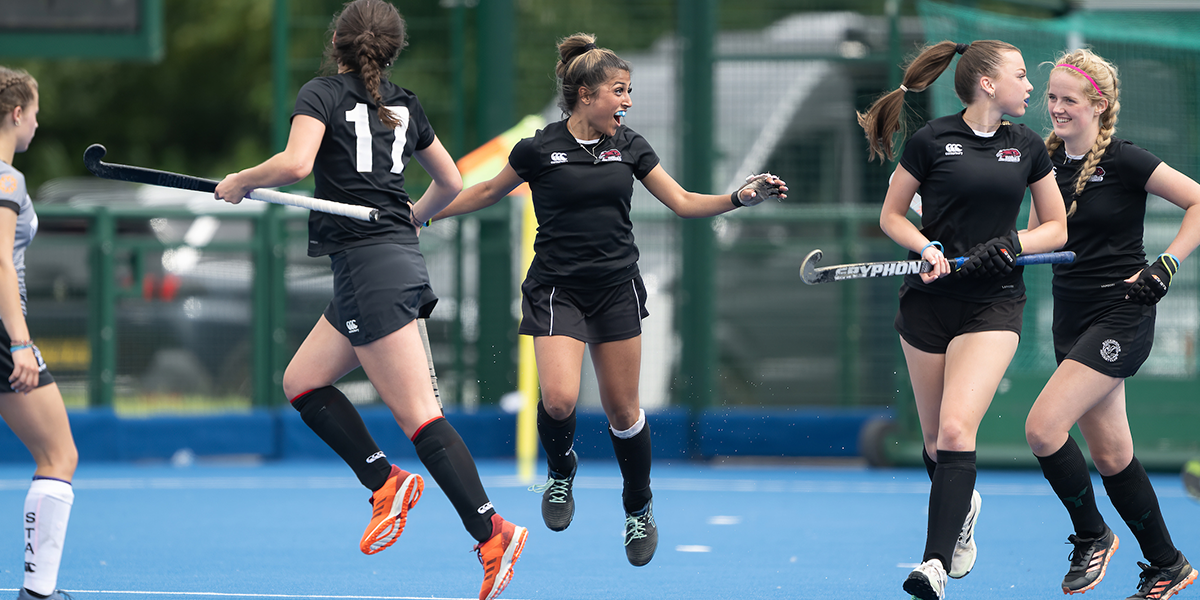As a player within Talent Foundation and Talent Development you can expect different environments, which are outlined below.
Talent Foundations
- Environment
- Person. Having fun/enjoys social interaction and engagement with others.
- Player. Mistakes can be seen as helpful and a consequence of exploration and learning. Player can be involved in a number of other sports as we recognise the benefits of these other sports in developing player qualities for hockey.
- Performance. Emphasis is on development rather than performance.
- Partnerships. Parents; captains (at senior club hockey); teammates; club welfare officer and junior coaches are all important stakeholders at this level.
“I realise I am good at hockey. I love playing and I want to play as much as I can.”
- Interaction With Hockey
- Balance weighted toward ‘leadership’ over ‘stretch’ hockey.
- Leadership Hockey
- Take the role of leader.
- Improve superfocus (main areas of their game that needs development).
- Consistently show off their superstrength.
- Continue to meet high expectations set around highly skilled actions and decision making.
- Develop positive behaviours towards teammates.
- Help others play better and enjoy being respectful amongst peers.
- Stretch Hockey
- Stretch hockey for players within this talent foundation segment can be overwhelming.
- Offered as a learning experience to learn and grow from role models around them.
- Players are encouraged to play to their super strengths (if identified) and keep the game simple.
- Superstrength at this level may not be so obvious, but it should not put them, or their coach, off from trying.
- Encouraged to learn from their mistakes.
- Players around them should be positive about mistakes and help the player to learn.
Talent Development
- Environment
- Person. A greater understanding of self both within hockey and outside of hockey.
- Player. Starts to self-analyse and begin to set goals and plan and plot their own progress.
- Performance. Starts to thrive under challenging conditions. Enjoys tougher competition and stretch, as well as recognising the need for quality recovery methods.
- Partnerships
- Aware of their greater independence and all partnerships start to help give tools for greater independence.
- Allow players to start making their own decisions and encourage learning from mistakes made.
- Need to encourage relevant rest periods and help the player identify these moments.
- Key partnerships - coaches (maybe across school; talent academy; club and possibly national)
- and parents.




